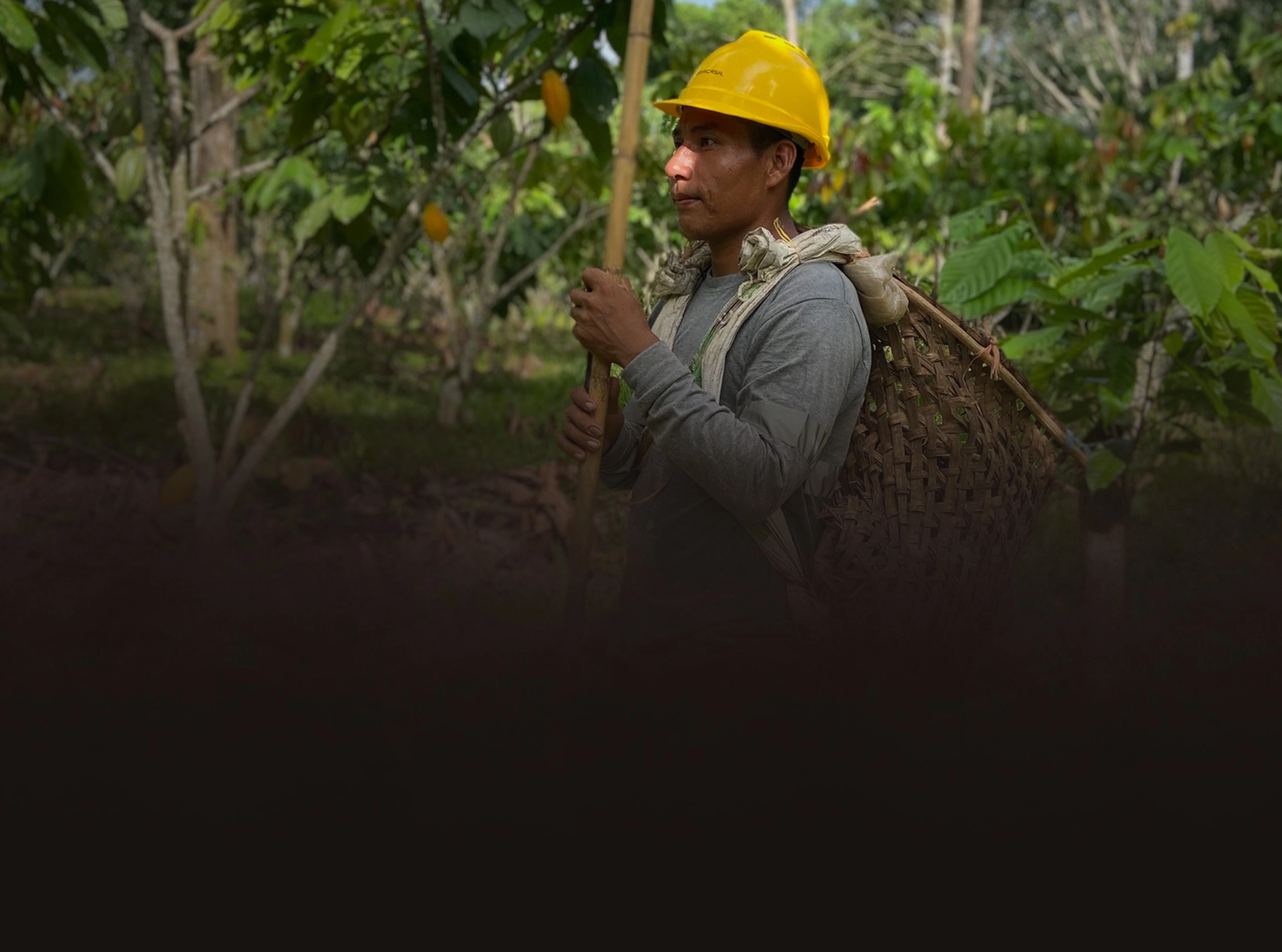Terroir : PANAMA
Plantation tour
Nicolas de Loisy (Managing Director) and Maxime Falempin (Production Director) visited the Quebrada Limon plantation to approve the cocoa bean production method. These beans will be used to make Deltora 70% dark chocolate in the Pures Plantations range. The Quebrada Limon plantation is part of a major agroforestry project run by our partner, Forest Finance. A new eco-friendly farming method with positive results for the environment and cocoa farmers. Read more below.
An agroenvironmental project
Forest Finance is a company working in the Bocas del Toro region since the 90s. It works to promote new agroforestry models to slow down deforestation and help restore soil, biodiversity and land. Despite the hills making operations in the field difficult, almost 300ha of land has been reconverted with an even split between old-growth forests and cocoa farms. The cocoa beans were first harvested in 2014. Then Chocolaterie de l'Opéra signed a years-long supply contract after being won over by the "fine" cocoa beans' flavour profile in 2019.
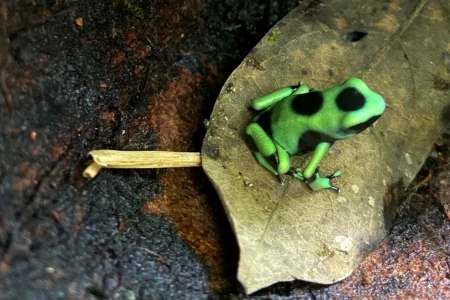
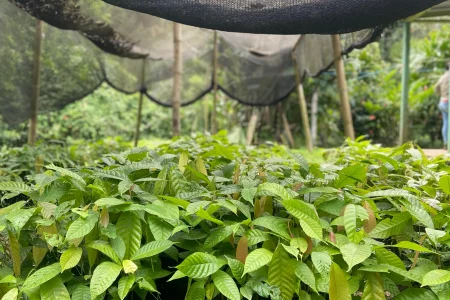
5 types of cocoa beans, under very close surveillance
From choosing the varieties to organic farming and post-harvest processes, everything goes into producing fine cocoa. It took years of testing before approving the 5 "cultivar" varieties selected for the plantation. Based on 3 strict criteria: organoleptic properties, adaptability and productivity. Each category is grown and fermented individually to lock in its signature aromas. During this stage (which lasts an average of 5 days), the beans are turned over every 48 hours with regular temperature checks. To combat the effects of climate change on the organoleptic properties, a natural heat collector under the layers of beans is used for the drying process. This ensures even drying and consistent flavour.
Farming for the good of mankind and the planet
This project has seen a sustainable forestry economic system put in place with a social and environmental impact that goes beyond logging.
The influence of the plantation is felt throughout the region. The project has provided steady jobs and new posts, namely for women. An environmental awareness programme has begun in schools and among locals. Almost 50 permanent jobs have been created with women given priority for management roles. The impact on the environment, with the reforestation of depleted land, is part of the development of sustainable ecological solutions.
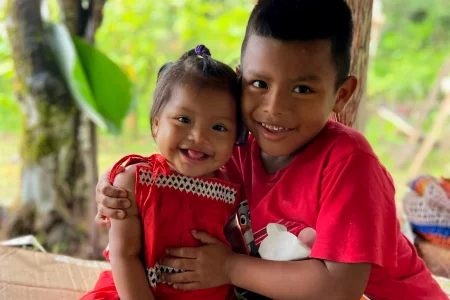
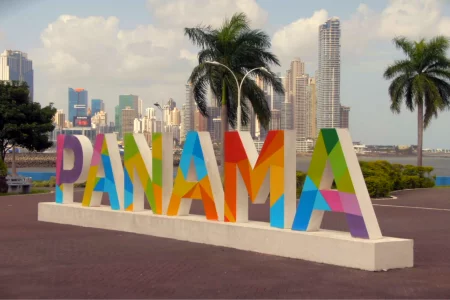
An up-and-coming terroir...
Panama may be famous for its canal and Geisha coffee but it's less so for its cocoa. Cocoa farming began here in the 17th century and has had a lot of disappointments, mainly due to brown rot. It didn't take off until the Ministry of Agriculture began work to get communities out of poverty in the early 90s. Because Panama is a real godsend. Its tropical climate and abundant rainfall provide the perfect conditions for cocoa farming. Panama now produces around 500 tons a year and 95% of it comes from the BOCAS DEL TORO region. That makes Panama a small producer and premium origin for chocolate.

